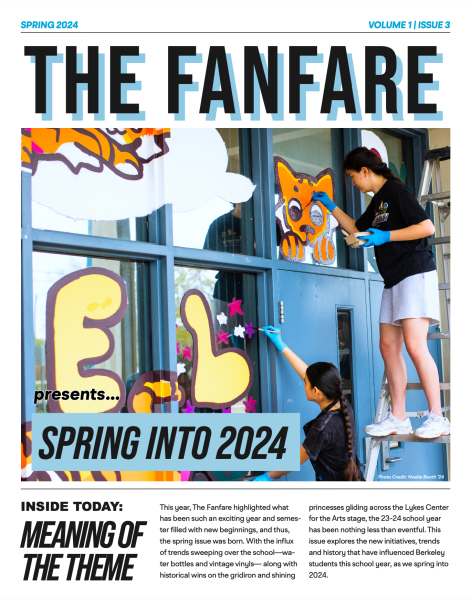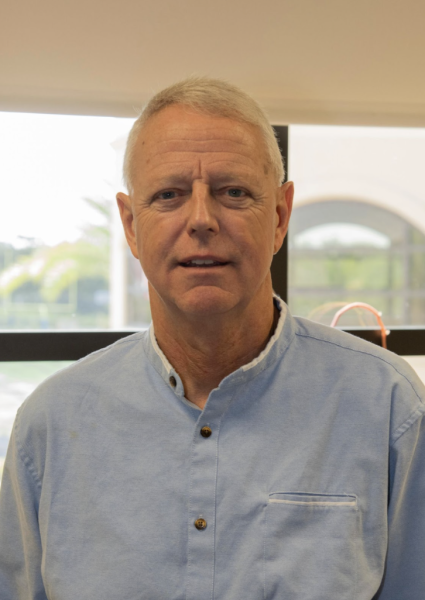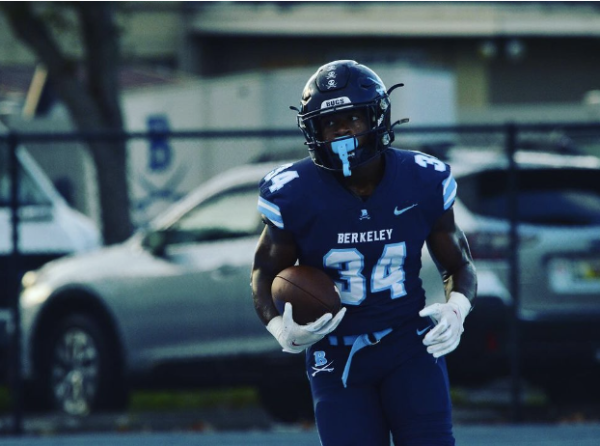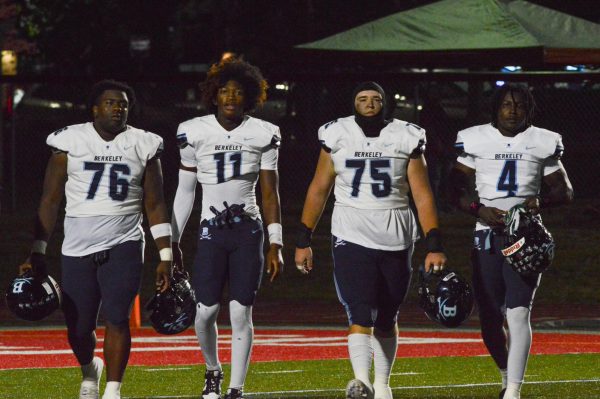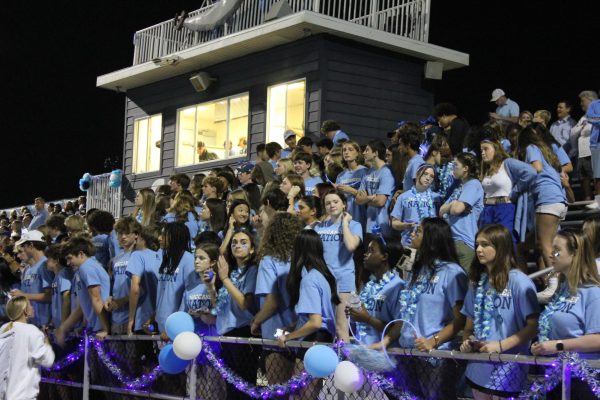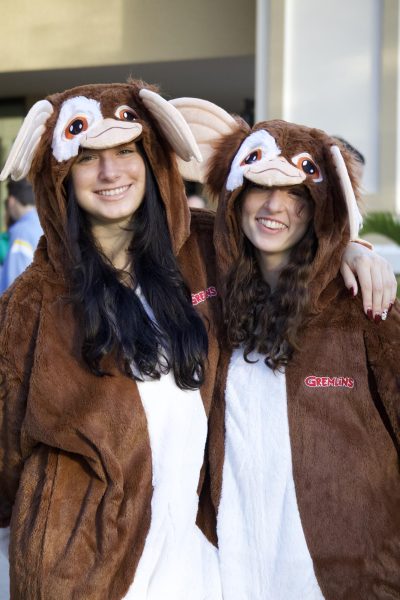Berkeley Reacts to New Chemistry Teacher
This year, students welcome one of the newest additions to the Berkeley Community, chemistry teacher Dr. Christopher Leonardo. Dr. Leonardo attended undergraduate school at Syracuse University and then went on to University of South Florida for graduate school. He has four children and a wife, who is also a science teacher. Born and raised in in the city of Rochester, New York, he currently lives in Weeki Wachee where he says that he is a “pool junkie” and loves to barbeque with his children.
To Dr. Leonardo, teaching is nothing new. He has guest lectured at science camps and mentored graduate students at USF. When asked why he chose to teach upper division he replied, “I love students and I love teaching students. It’s very rewarding!” He also says that his favorite part of chemistry is that “everything you learn you can apply to everyday life. Chemistry is applicable to everything.” Additionally, Dr. Leonardo is thinking about teaching a neuroscience class during the summer. If you are interested please send him an email.
Researching is a big part of Dr. Leonardo’s life. In college, he discovered that he was interested in why people have strokes, launching his research career. Dr. Leonardo studies neurodegenerative diseases in the brain, and his team has been trying to figure out what causes these diseases and identify treatments. This research is vital to helping people that are victims of recurring strokes. According to the University of California, once a person has had a stroke, he or she only has four hours to go to the hospital to get the treatment that will stop the stroke from happening again. This treatment is the only stroke treatment approved by the FDA (Food and Drug Administration). Usually, once a person has a stroke, he or she does not know about it until 8 hours later. Because of this, by the time people realize they are having a stroke, it is too late to receive the treatment. According to the Department of Neurology at the University of Pennsylvania, out of all the people who have a stroke, 97% cannot receive the treatment because they did not arrive at a treatment location quickly enough. Through experimentation, Dr. Leonardo’s team has figured out that human umbilical cord blood cells could be a possible method of treating strokes. There are issues when giving patients blood cells, however, because some patients can reject the blood. To make the treatment accessible to everyone, the team is looking for ways to extract the specific molecule that improves the stroke while separating it from the blood cells so that the patients will not reject it.
When asked what he likes about Berkeley he replied, “I think it’s amazing, the resources and people are incredible. There really is a Berkeley family. This place is head and shoulders above everywhere else. It’s fantastic.”
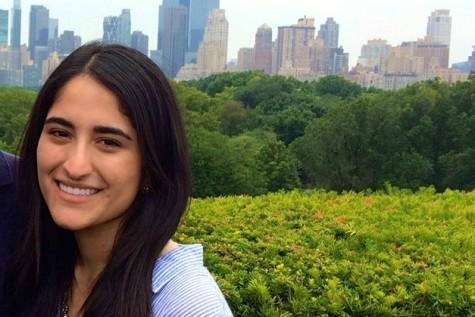
Daniela Marques, a writer for the fanfare who previously served as a writer during her junior year, is a senior at Berkeley. Her hobbies include: diligently...



